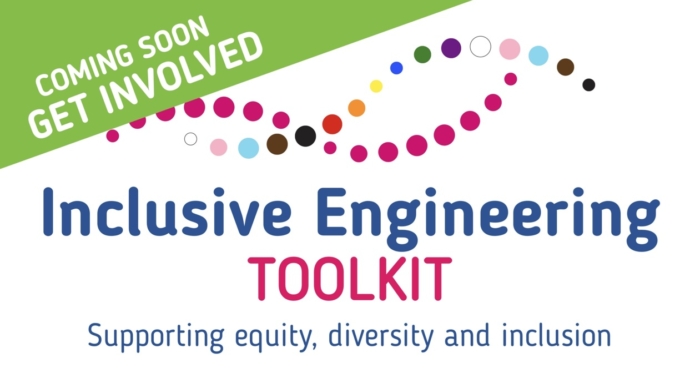 A Connected Engineering Curriculum – Learning Through Enquiry and Practice
A Connected Engineering Curriculum – Learning Through Enquiry and Practice
17th/18th July 2018 – UCL Faculty of Engineering Sciences, London, UK
Engineers increasingly find themselves tasked to envision, invent, and construct creative solutions to Grand Challenges. Over the years, insightful solutions have required ever more creativity and greater integration of interdisciplinary ideas. While established fundamentals still form the invariant foundation for engineering practice, the Engineer of Tomorrow will certainly require a different perspective than engineers in the past. How can universities support today’s aspiring engineers in preparation for the uncertain challenges they will be facing tomorrow?
A favoured approach is immersing the student experience with engineering fundamentals applied to interdisciplinary practice which directly address the world’s Grand Challenges. This approach enables students to learn through active discovery, via classic enquiry and coupled practice, and to discover how engineering concepts apply practically in complex, linked, interdisciplinary settings or scenarios. Engineering scenarios prepared in this framework expose students to the greater context and implications of engineering decisions in a social responsibility, and broader community, context. This connected approach fosters a cross disciplinary creative perspective, required to enable insightful engineering advances that deliver lasting social impact, as will be required in solving the uncertain challenges of tomorrow.
With a desire to create a Connected Engineering Curriculum, the major themes for ISEE 2018 are:
- Connecting students with practitioners throughout their learning journey
- Building a through-line of enquiry activities into, and through, the programme
- Bridging student interaction across subjects, perspectives, and global regions
- Linking student academic learning with in-practice workplace education
- Assessing engineering specific deliverables directed at the pertinent corresponding audience
- Unifying the student experience across cohorts, programme progression, and graduate alumni
Contributions addressing one, or more, of these themes are invited.

 A Connected Engineering Curriculum – Learning Through Enquiry and Practice
A Connected Engineering Curriculum – Learning Through Enquiry and Practice


